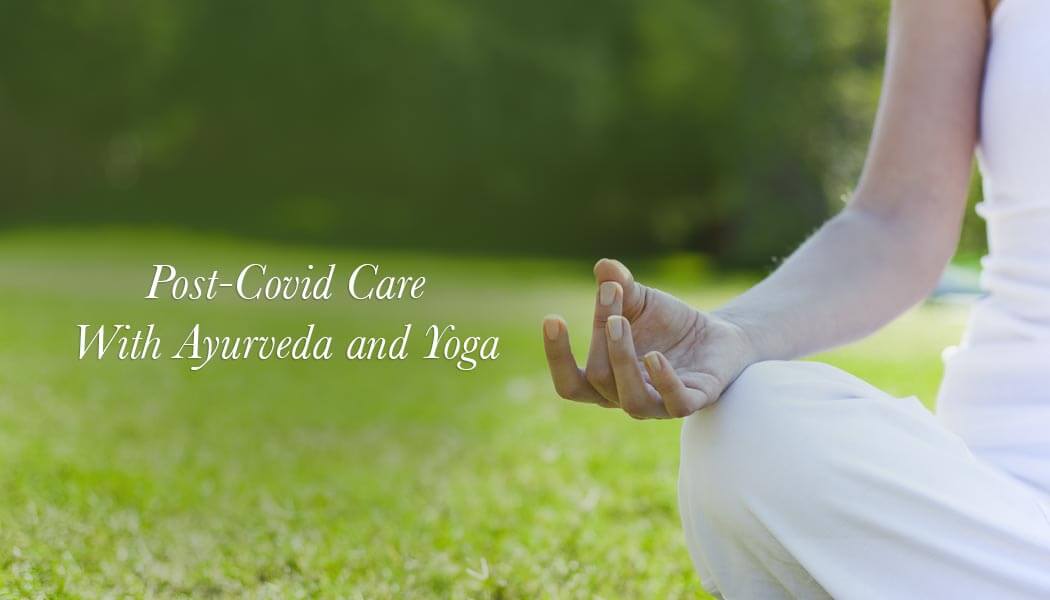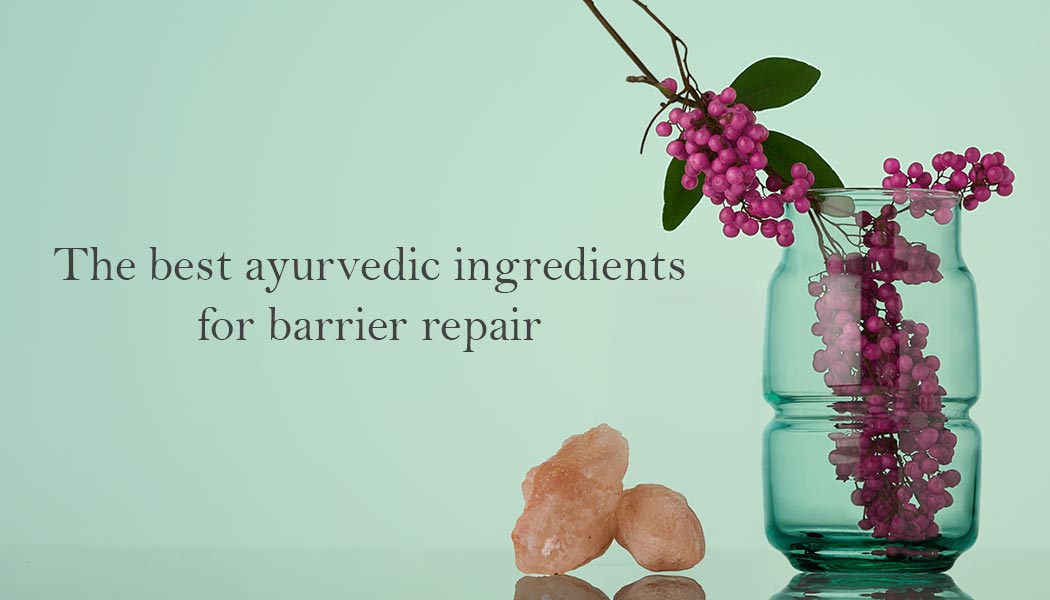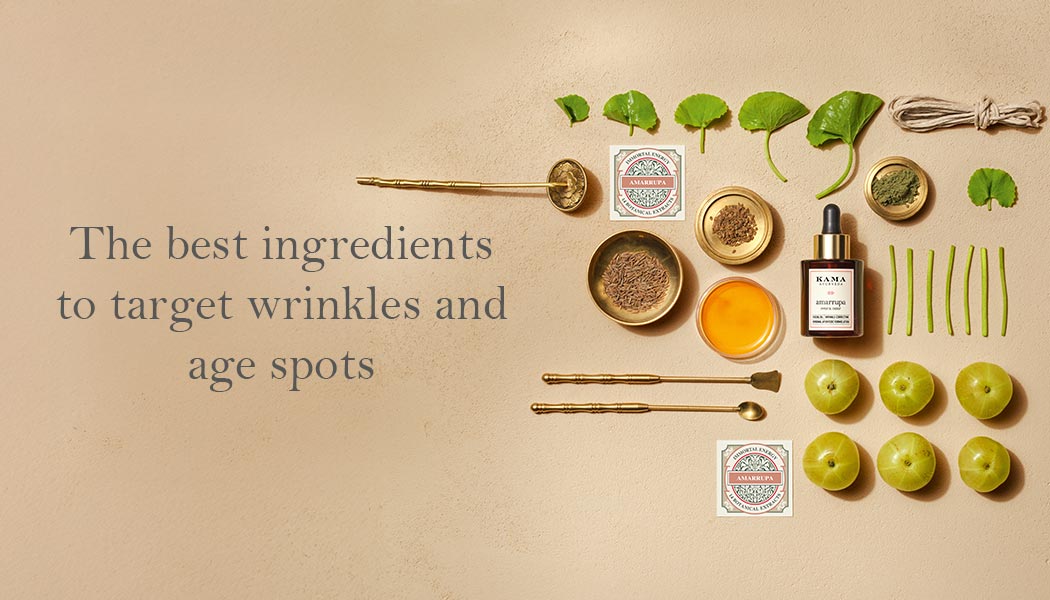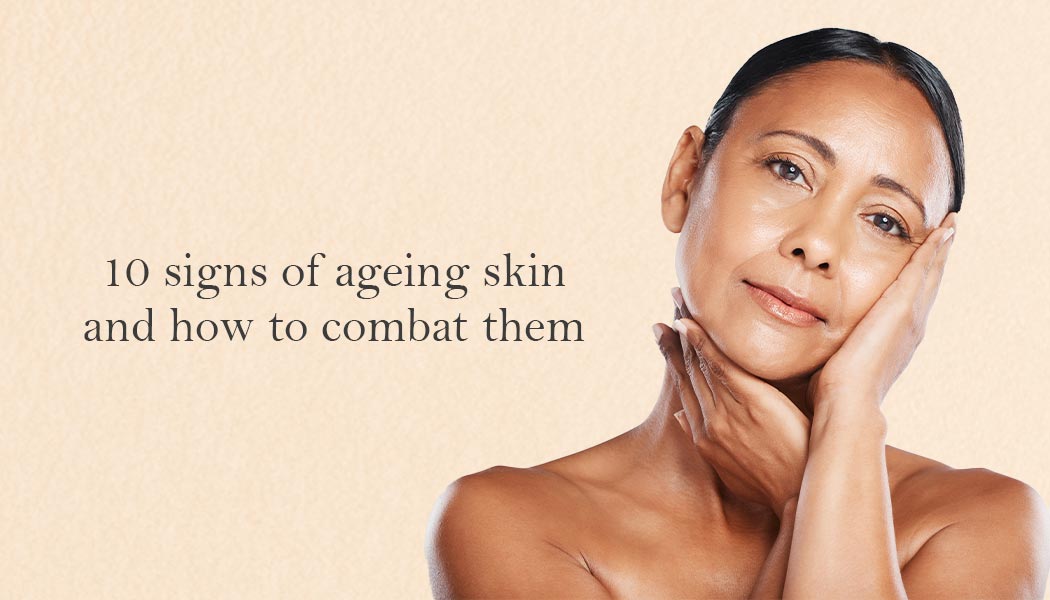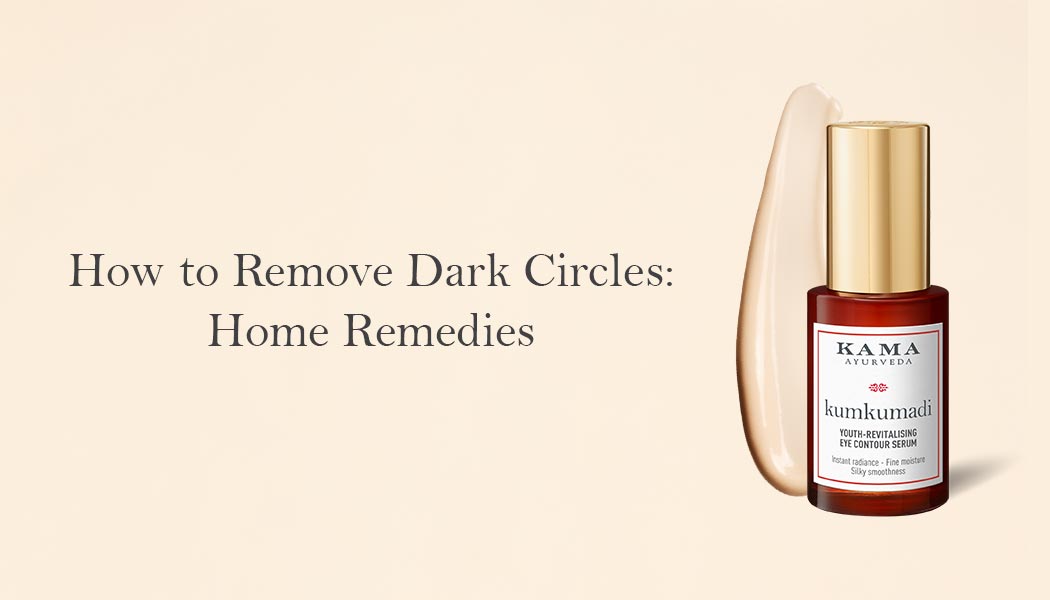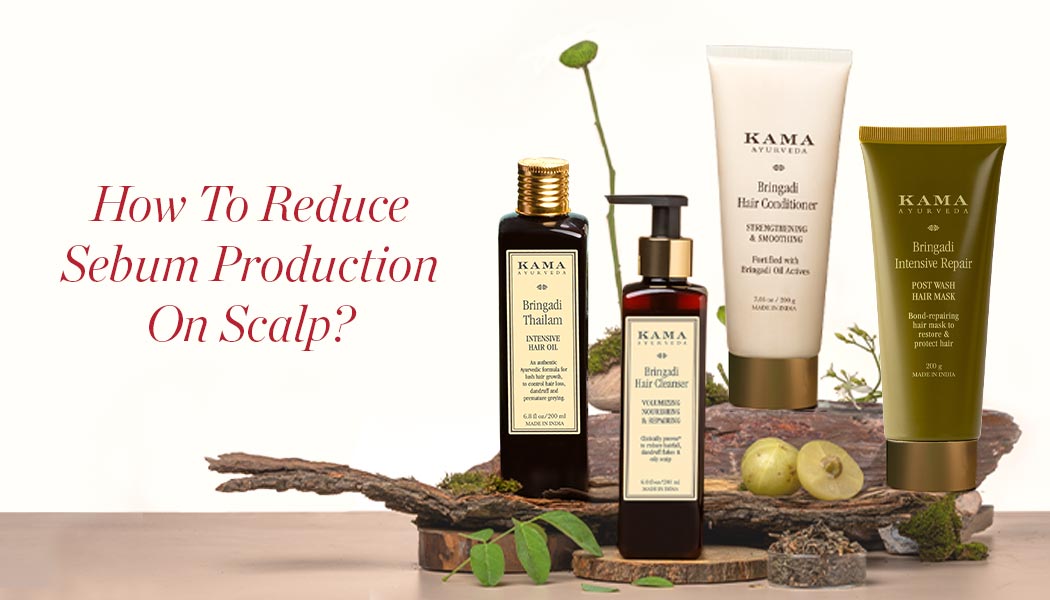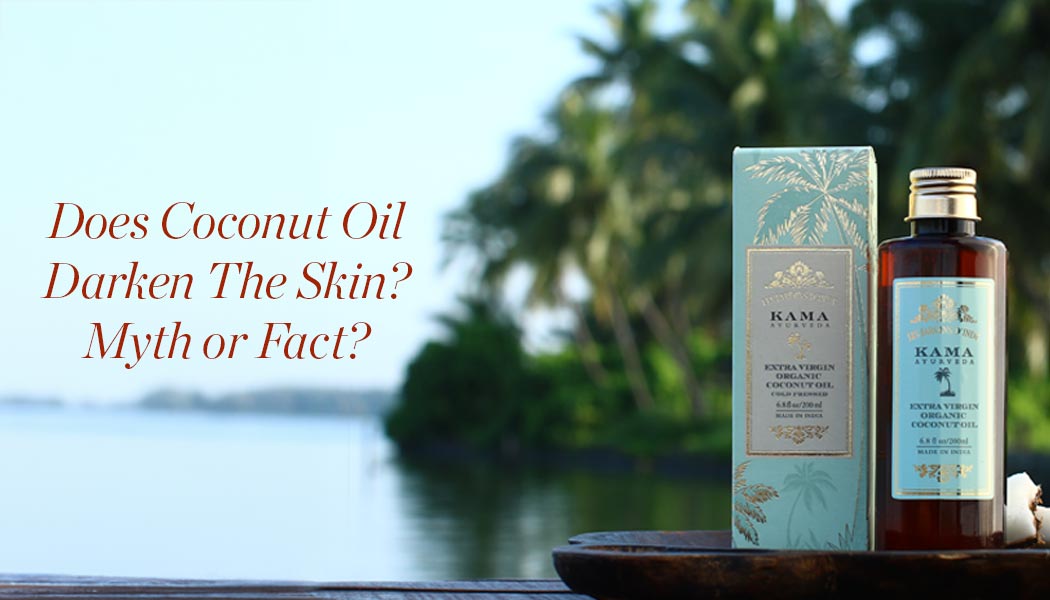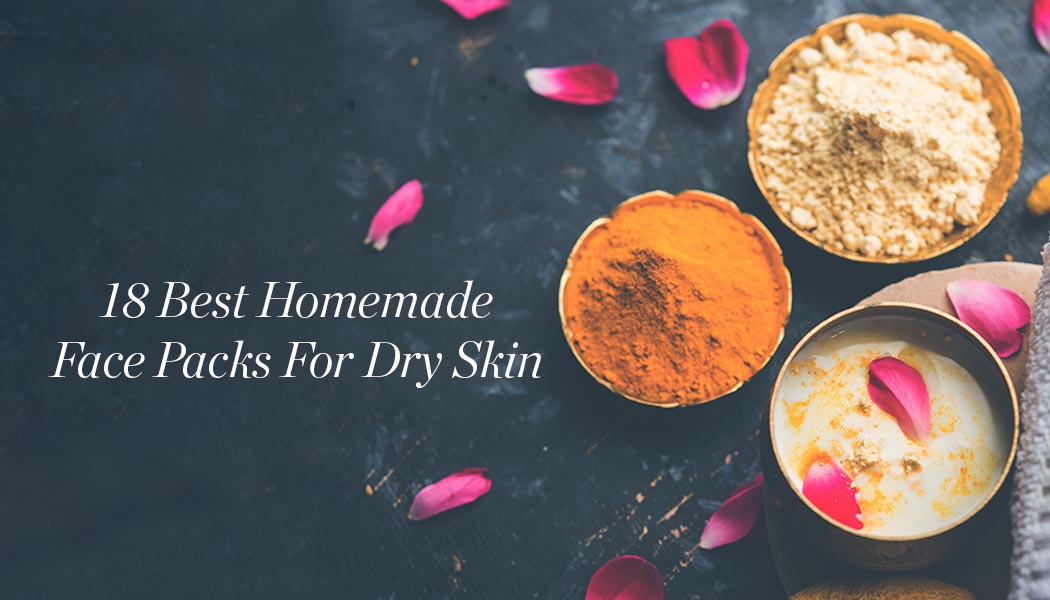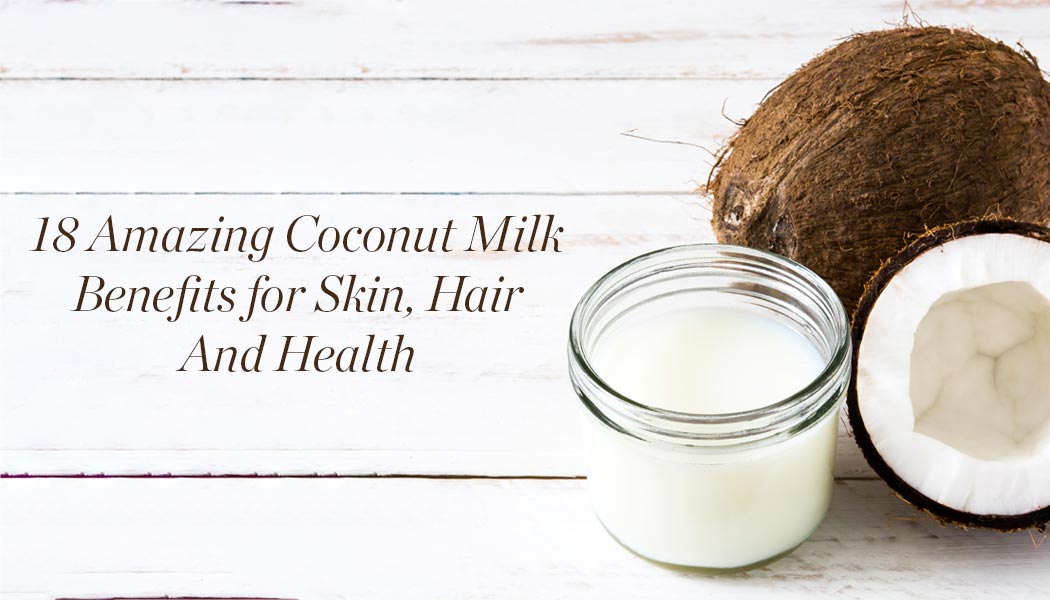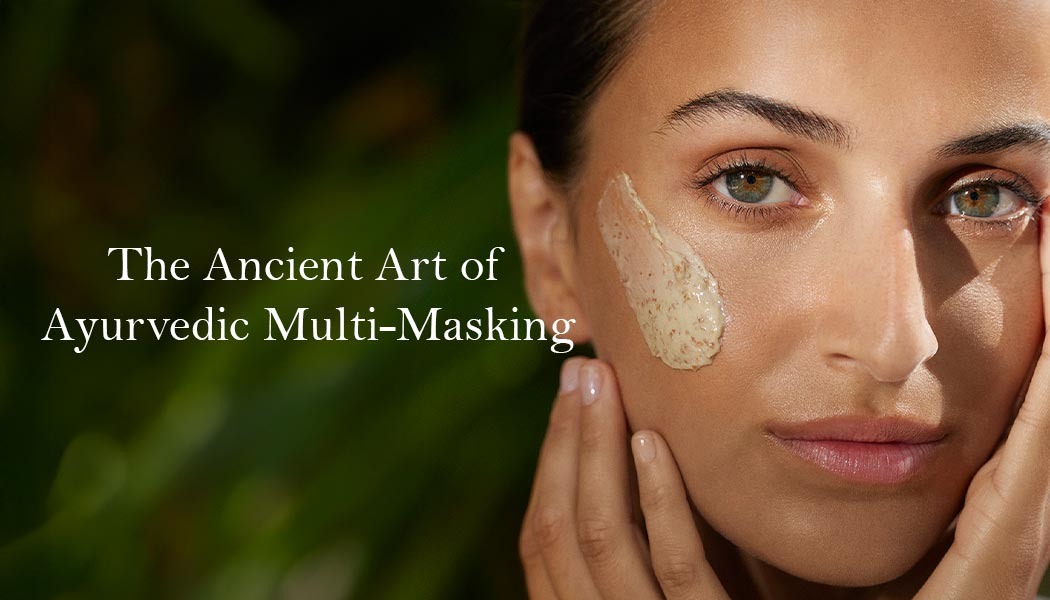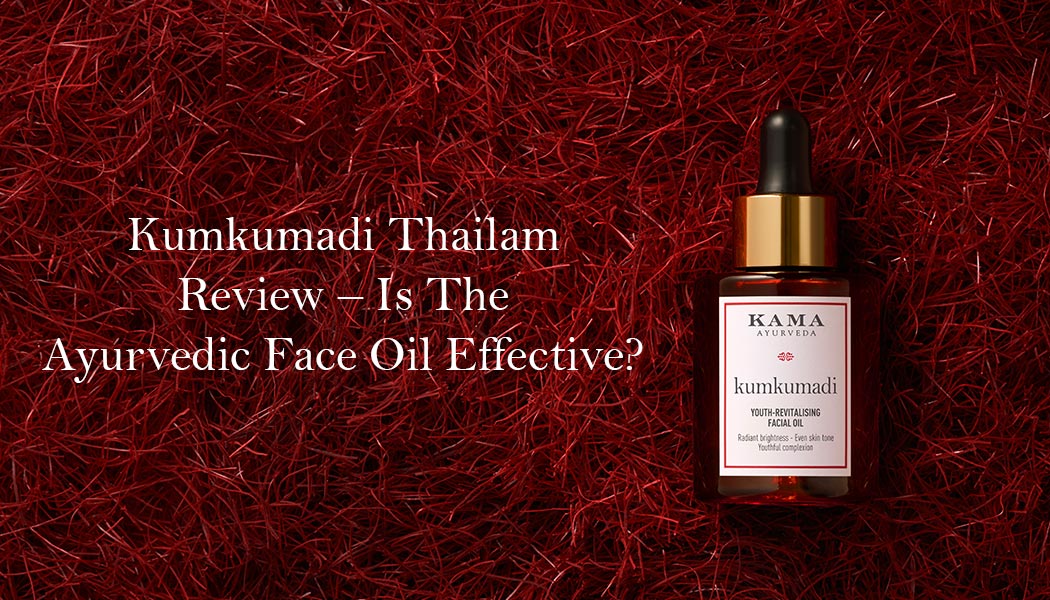- 7 June 2021
- 11 mins read
Dealing with Covid-19 is difficult. Thankfully, with proper and timely medical attention, mostpeople can recover at home. It generally takes 2 to 3 weeks (for mild cases) and about a month for patients with serious infection to recover completely from COVID.
Even after you recover, you must continue to take the utmost care of your body. As it is an unknown territory even for medical practitioners across the world, to tell how long can the antibodies help in preventing recovered patients from contracting the virus again. There are numerous cases where patients had the novel coronavirus again. Moreover, the individuals who are having a high risk of reinfection are either old or the ones that didn’t take proper preventive measures to additionally protect their immune system after the recovery.
We spoke with the Ayurvedic doctor and Author Dr Sharad Kulkarni from Bangalore tounderstand the best way to help your body recover completely. In this interview, he has answered the most common questions about post-covid care.
Q1 - A lot is being said about Post-Covid Care lately. Can you explain why it’s so important?
Since Covid-19 is a viral infection, there would be many post-infection symptoms like weakness, anxiety and low respiratory immunity.
Coronavirus is a nasty microbe that can damage your body to a great extent. If your infection is from moderate to severe, there are high possibilities that the virus did some noticeable amount of damage to your respiratory system. People with mild infection also need to be careful in the post-infection stage as the symptoms of other health conditions that are triggered by the virus may surface. Feeling drained and lethargic is quite natural as your body becomes weak after having battled with the dangerous coronavirus for many days.
And this is why, even after you are tested negative and your body has killed all the viruses, you have to shower yourself with utmost care and love. Doing so will ensure that you’re completely healed and healthy again. You will also be able to take the right action at the right time if there is any need for additional healthcare check-ups.
So, do not resume your old lifestyle right away. Too much work, anxiety, and stress will make you ill again. Do get plenty of sleep as when you sleep as it speeds up the recovery procedure.
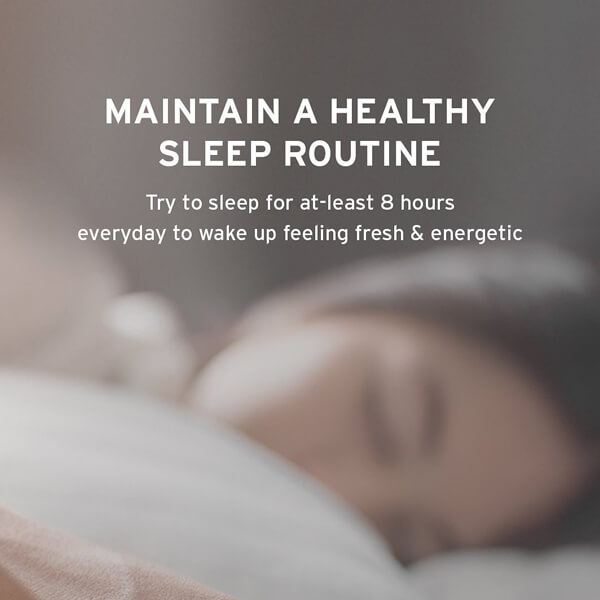
Q2 - What are some of the common symptoms that people experience after recovering from Covid? Are there any long term and chronic aftereffects to watch out for?
Even after testing negative for the COVID-19, many of the patients suffer from health conditions like -
- Weakness
- Shortness of breath
- Fever
- Reduced taste and smell
- Throat irritation
- Cognitive symptoms like confusion, forgetfulness, less focus, etc.
- Depression and anxiety
- Constant body fatigue or Chronic Fatigue Syndrome
- Sleep abnormalities
- Diffuse myalgia
- Muscle and joint pain
- Thromboembolism leading to mortality (in rare severe cases)
If proper care isn’t taken, then the individuals might develop many severe health conditions like heart damage and lung damage.
Patients with a history of health conditions like diabetes, hypertension and immune disorders are more prone to conditions like cytokine storms (Cytokine storm is a condition where abnormally high quantities of cytokine proteins are released into the blood at a rapid pace. The patients may experience hyperimmune responses ((i.e), the immune responses that are more than normal)).
This immune response is responsible for various autonomic dysfunction like sleep abnormalities, temperature abnormalities, severe fatigue and cognitive abnormalities. These can be much more severe for people with preconditions.
Q3 - Can you mention some health guidelines that recovering patients should follow for Post Covid-19 management at home?
Dr Sharad Kulkarni suggests people stay isolated for additional seven days as many studies have found that the virus may still linger in the body even if the symptoms disappear and you are tested negative. He further recommends giving yourself complete rest for one week after the recovery as a well-rested body can focus better on healing.
He also advises to eat clean and healthy while not skipping any routine medicines. You can also add supplements like Zinc and B Complex to your diet.
The following are a few guidelines that every asymptomatic, mildly symptomatic and also people suffering from post-covid complications must follow thoroughly.
- Drink at least 3 to 4 litres of warm water every day.
- Take immunity-boosting ayurvedic medicines prescribed by a qualified practitioner.
- Professional work must be resumed in a graded manner only if your body permits. You can indulge in small household tasks.
- The patient can practise pranayama, yoga asana, and meditation only if your health permits or as prescribed.
- A few breathing exercises can be done as prescribed by your physician.
- Take easy to digest freshly cooked nutritious diet.
- The patient needs to completely avoid smoking and consumption of alcohol.
- Take adequate night sleep (10:00 PM to 6:00 AM) and rest.
- Never skip medications as advised for COVID and other comorbidities. Only take medicines under a professional medical advisor.
- Do self-health monitoring at home regularly such as temperature, blood pressure, blood sugar (especially, if you are diabetic).
- If the patient is having persistent dry cough or sore throat, he has to do saline gargles and steam inhalation. You can also add herbs or spices for gargling and steam inhalation. Cough medicines can be taken on the advice of a qualified ayurvedic practitioner or medical doctor.
- Always lookout for warning signs like high-grade fever, unexplained chest pain, focal weakness, breathlessness, or new onset of confusion.
- You can also use an essential oil like Eucalyptus Essential Oil in a diffuser. Essential oils of therapeutic herbs help ease anxiety and relieve nasal congestion. They can also be massaged into the skin with carrier oils to get relief from pain.
Exercise A Little Every Day
Exercising may sound unappealing especially when you don’t feel like getting up from bed. But, it is very crucial for speedy recovery. Working out regularly will improve oxygen and blood circulation. It also helps in detoxifying your body. Exercising will also produce more happiness hormones which will uplift your spirits. This is something you need especially after contracting with COVID.
But remember, only exercise as much as you can, don’t push yourself too much. Do your favourite kinds of exercise. Even 15 minutes a day will suffice.
Or you can walk under the sunlight for 45 mins a day (preferably on the balcony or closed terrace), and do Anulom Vilom Pranayama for 10 mins a day.
Read - How To Calm Your Mind - 6 Ayurvedic Breathing Techniques
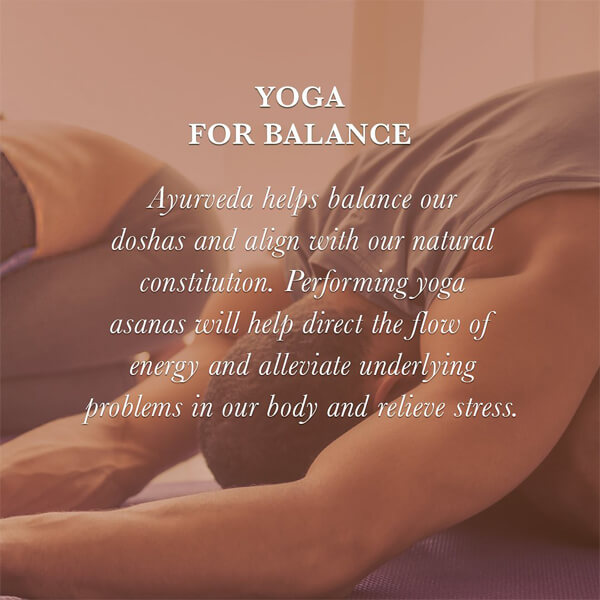
Digital detox refers to a certain period where an individual refrains from using any digital device such as smartphones, social media platforms, and computers voluntarily. This is a great way to stay away from over researching your symptoms. Over research leads to nothing but anxiety.
Play A Few Memory Games
COVID damages brain and neuron cells. So, to avoid any future memory problems, Dr Sharad Kulkarni advises patients to play few memory games like crossword, jigsaw, sudoku, mathdoku, etc. Playing such games not only improves your memory but also keeps you away from boredom and irritation.
Check Your Blood Oxygen Level
Dr Sharad Kulkarni recommends all of us continuously monitor our blood oxygen saturation levels with an oximeter. As there could be lung damage that you don’t know of even if you have recovered from COVID. If you observe fluctuations in your oxygen levels and it dips below 90, you have to consult your doctor immediately.
Q4 - What kind of diet is recommended after Covid-19? Are there any food items to avoid? Can Ayurvedic herbs aid recovery?
Dr Sharad Kulkarni says that the diet plays a crucial role in the management of post COVID. It should be Shadrasatmaka (with all six tastes) and may include green leafy vegetables, citrus fruits, onion, tomato, garlic, ginger, tulsi, honey, rice, wheat, jowar.

He also suggests avoiding foods like fried, cold, dairy, packed foods, outside foods, non-warm and non-fresh foods, maida etc. Alcohol and smoking are strictly prohibited.
And yes, herbs can surely aid the recovery! Below is a list of a few ayurvedic formulations that are known to aid recovery.
- Chyawanprash is a formulation that can be taken to boost your immune system as well as strengthen your respiratory system.
- Amrit Kaslah helps in boosting your immunity and strengthening all the organs of your body. It also helps in detoxifying and healing the body from the inside.
- Triphala is known to regulate excess pitta in our body as well as eliminate toxins.
- Ashwagandha works great as an adaptogen that helps the body in adapting to various kinds of stress and promoting stamina and general well-being. It also helps in calming and strengthening the nervous system.
- Shatavari increases the strength of the musculoskeletal system.
You can also try practising the Ayurveda diet according to your Prakriti while avoiding fried and spicy foods. Also, include herbs and spices like Turmeric and Black pepper while cooking to further strengthen the immune system and reduce inflammation.
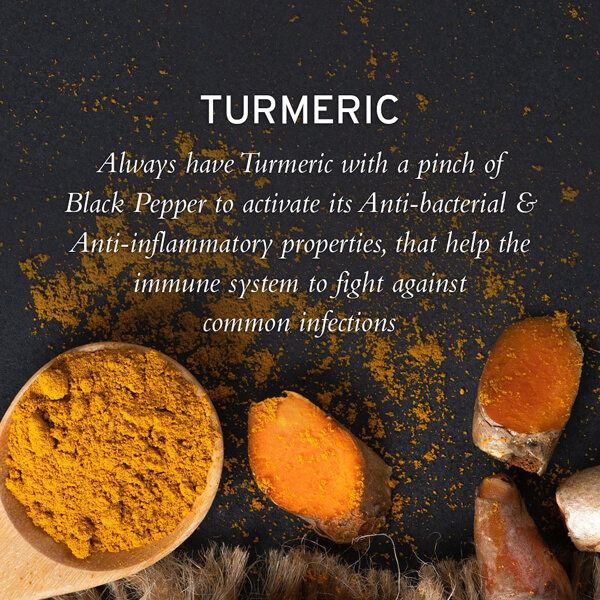
Q5 - Are Ayurvedic treatments like Panchakarma useful in treating post-covid symptoms?
Yes. Panchakarma, the five purificatory procedures have to be adopted foremost to manage our body system and organs which can be affected due to COVID. They help the body and mind to handle the fatigue and de-stress /detox.
Respiratory Conditions (Deepana and Ama Pachana)
If you are facing issues with your respiratory system, practise Deepana and Ama Pachan. Deepana and Ama Pachana karmas play an important role in bringing the Sama dosha (Doshas with ama (toxins)) to Nirmana dosha (doshas without Ama). Abhyanga and Swedana (oil massage and steam bath) help in rejuvenating the body and expelling the toxic waste through the skin. Vamana (Emesis) or Virechana (purgation) purifies the body by expelling the doshas.
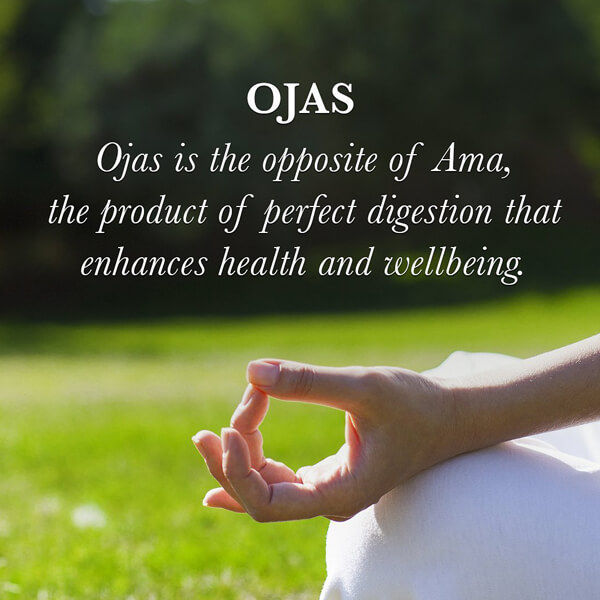
Cardiac Conditions
Cardiac conditions can be treated with a few ayurvedic treatments like Uro Basti, Shirodhara, Kashaya Dhara, Ksheera dhara, Abhyanga (oil massage) or Pizhichil.
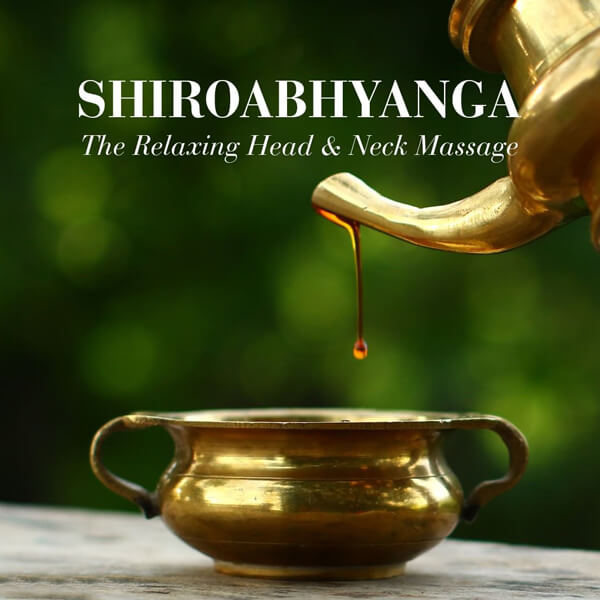
Neurological Conditions (Agni Deepana and Ama Pachana)
At the core of Ayurveda therapy is Agni Deepana and Ama Pachana, helping to balance the digestive fire and eliminating the toxins respectively. Udvartana is an invigorating full-body powder message done using herbal powder or paste in a rhythmic motion. To treat neurological conditions caused by COVID, you can also try other ayurvedic treatments like Basti according to the condition in the form of Kala, Karma and Yoga Basti in combination of Sneha Basti, Kashaya Basti, Ksheera Dhara, Shirodhara, or Kashaya Dhara etc.
Musculoskeletal Conditions
All the musculoskeletal conditions caused by the virus can be treated by Patra Pinda Swedhana, Swastika Shali Pinda Sweda, or Ksheeradhara. These treatments help in strengthening the body muscles and regain the lost strength.
Psychological Conditions
COVID not only affects us physically but also physiologically. So, if you're suffering from mild insomnia, and conditions like depression, you can try Sneha Nasya with Anu taila or Ksheerabala taila. Shirodhara can be used to pacify vitiated doshas from the nervous system and to enhance the efficiency of your nervous system.
You can also try Ashwagandha, Chyawanprash, or Rasayana Churna for post COVID management to avoid certain complications like fatigue, fibrosis, etc.
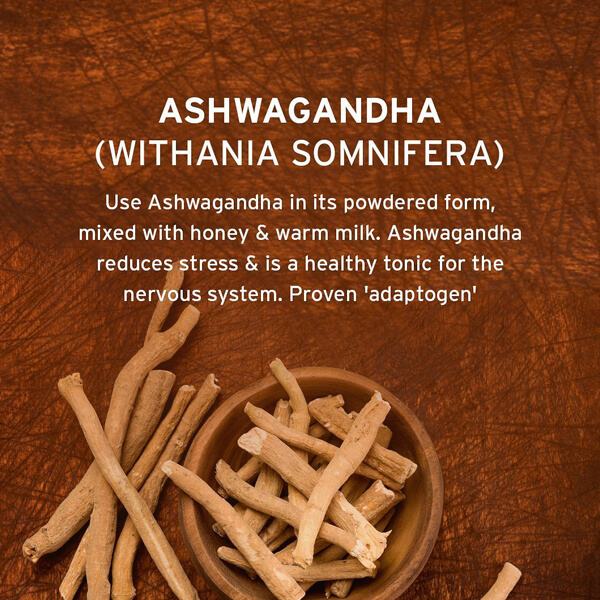
We know from research that there is a long curve of recovery post Covid. Weakness, fatigue, and impact on respiratory symptoms can last a while if not addressed. Hence, it’s important that you take care of yourself and your loved ones even after recovery.
Shreya Dalela is a certified Yoga instructor and a professional dancer trained at The Danceworx. She’s passionate about Ayurveda and holistic living with over 6 years of experience in doing extensive research and content creation in the domain.

An ayurveda doctor with 14 years of experience in yoga, panchakarma and general wellness. Currently working with Kama Ayurveda, analysing and remediating dermatological concerns and queries of the consumers via in-store, virtual and IVR consultation.
